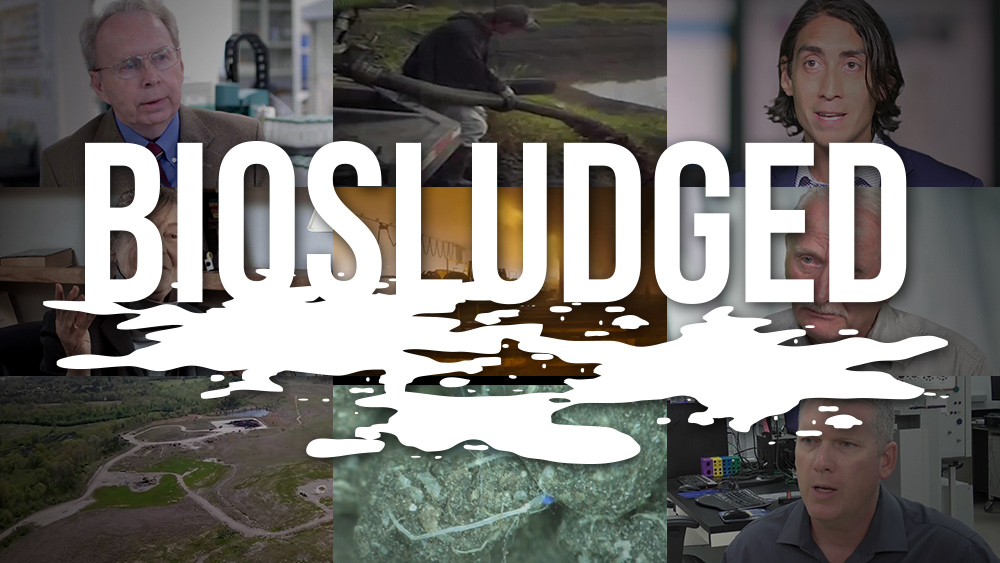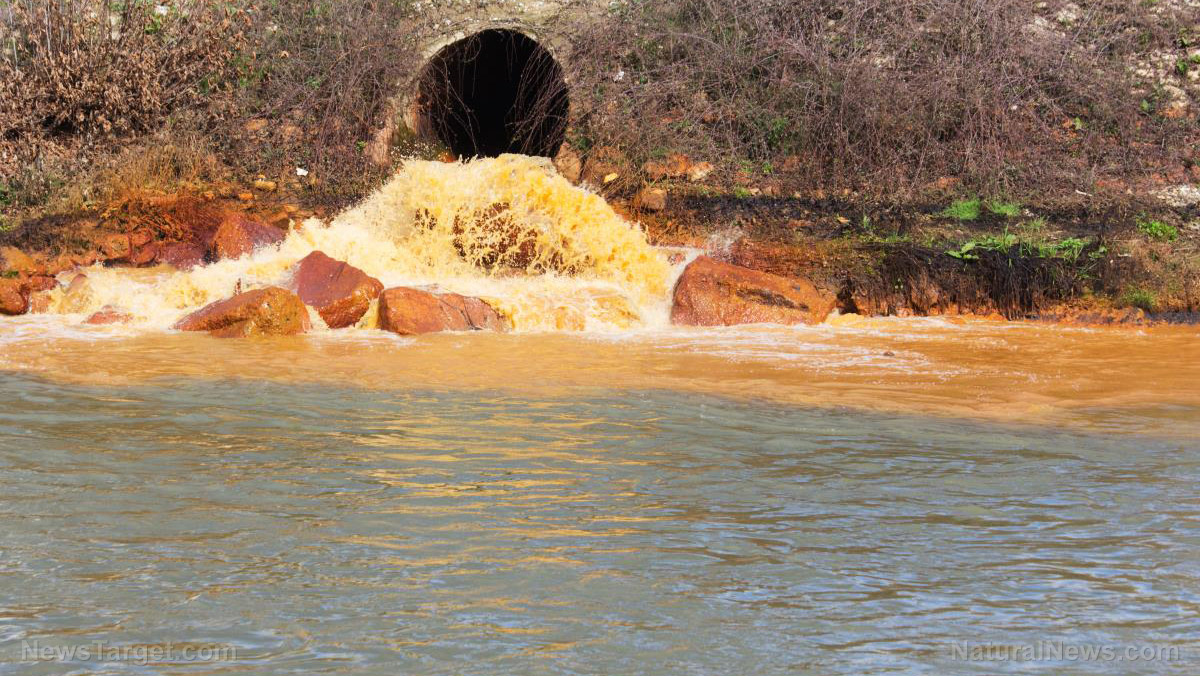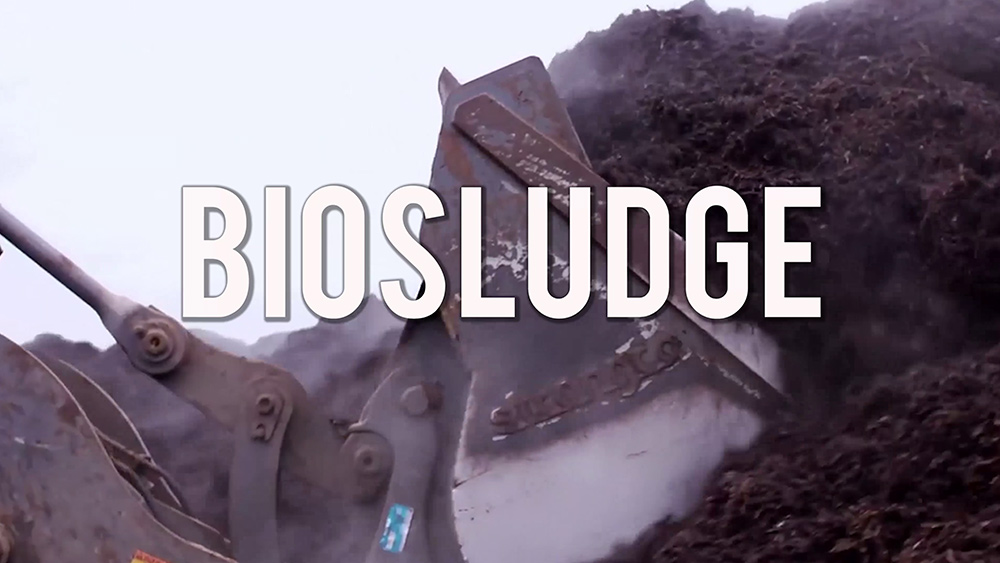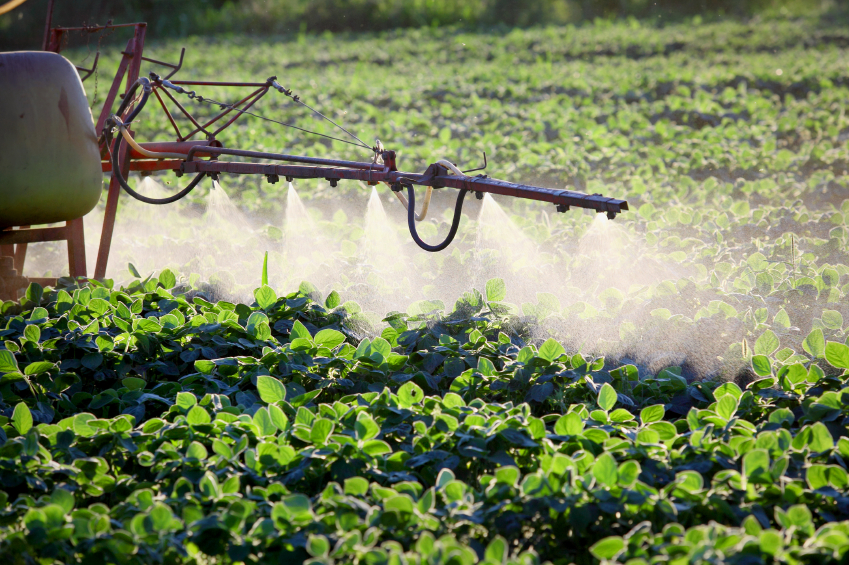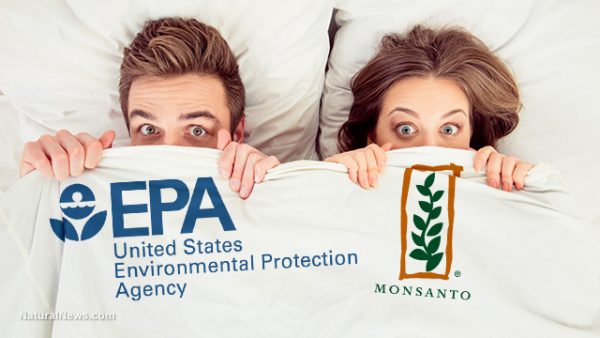City in Alabama sees spike in cancer cases – scientists say it may be from water contaminants
02/15/2018 / By Frances Bloomfield
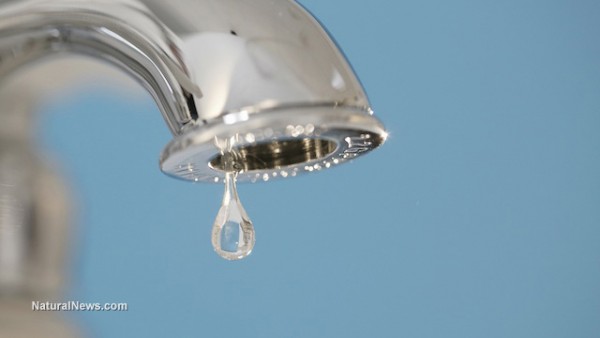
Between 2013 and 2017, the town of Fruithurst in Cleburne County, Alabama, has had eight leukemia diagnoses. Four of those cases were boys under 18 years of age, one of whom has since passed away. Figures have shown that the people of Fruithurst – who number no more than 280 residents – have a greater chance of developing leukemia than other Alabamians. The exact reason why remained unknown for years, though a team of researchers believe that the answer lies in the water.
According to AL.com, the team uncovered a surprising abundance of dangerous substances in water and soil samples collected from the home wells of past and current cancer patients. The most prominent of these was radon, a gaseous chemical element that can dissolve and accumulate in water. Radon exposure typically occurs through inhalation, though it can happen when drinking contaminated water. Consuming radon through water has been linked to various internal cancers, and 168 cancer deaths in the United States per year. (Related: Home-based silent killer: Radon gas, known to be the leading cause of lung cancer after cigarette smoke, is found in surprising number of homes.)
Speaking to a crowd of 150 during a meeting at Fruithurst Elementary School, Auburn University hydrology professor, Ming-Kuo Lee explained that some well water samples exhibited signs of radon contamination. Four out of 13 groundwater well samples displayed elevated radon levels that exceeded what was recommended for drinking water. Municipal water, on the other hand, was deemed relatively safe.
“The good news is the municipal water is safe. The recommendation we made is that, if financially possible, [Fruithurst residents] should switch to the safe, city municipal water as soon as possible,” he said.
In addition to radon, Lee and his colleagues also found:
The team has pinpointed a number of potential sources of these radioactive materials and heavy metals. One is the multitude of illegal dump sites around Fruithurst, specifically because many of them are littered with discarded tires. Another is the rubber production facility that was in operation from 1987 to 2015. The facility is located no more than 250 feet from an artesian well. “One [particular] artesian well is a renewal source point for all the ground water for miles from this area,” Dr. Christy Hiett, principal of Fruithurst Elementary, told ABC3340.com.
Until more evidence has been gathered, residents are advised against drinking the water. “We don’t have enough data yet to show how far the contaminants would travel away from these sites. We need to get more soil samples near the facility to find the level of distribution for both heavy metals and some organic compounds,” explained Hiett.
In addition to this, Hiett stated that their biggest concern and the next step is to provide residents with access to clean water. To that end, Hiett and her group, Cleburne Cancer Concerns, have already purchased reverse-osmosis water filtration systems for the homes that have no connection to municipal water.
Hiett added that an ongoing survey is being carried out to assess the prevalence of additional diseases among Fruithurst’s residents and people in the surrounding areas. “We want to see how far reaching the cancer is and to look at other areas because some of the things we discovered cause more than just leukemia and lymphoma,” she said.
To read up on more news about the environment and how it can affect your health, simply visit Environ.news today.
Sources include:
Tagged Under: cancer, clean water, contaminants, Diseases, environment, Public Health, radon, toxic chemicals, toxic elements, toxic water, water, water quality

